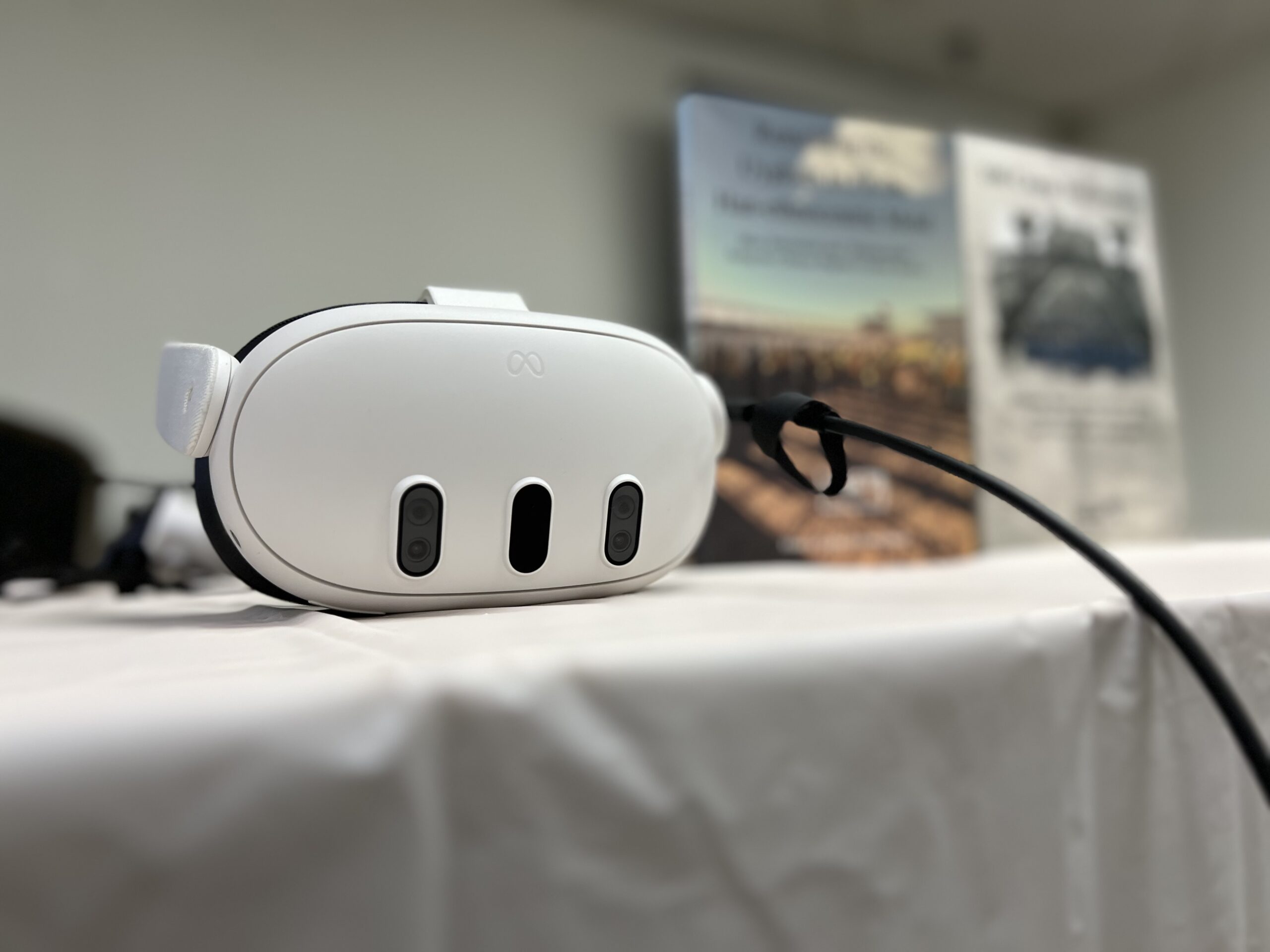A testimony from our “100 Camp Testimonies” Book
I am from Beshtugmen village (Baishitugemanxiang 拜什吐格曼乡), Aksu Prefecture, East Turkistan. In early 2009, after having learned how to read the Koran following the guidance of the local imam in my village, I went to Ürümchi to study Islam. Half a year or so later, after the Ürümchi Uprising that had transpired on July 5, 2009, I returned to Aksu. As the tense situation in Ürümchi died down, I traveled back to Ürümchi in mid-2010 to continue my religious studies.
While I was studying Islam in Ürümchi, I learned that a police chief named Emir, who was from my hometown, was looking for me because I was studying religion, so I fled to other provinces in inner China: Henan and Xi’an. During my one-year stay in these two provinces, my father paid CN¥80,000 (roughly US$12635) to an officer by the name of Abla as a bribe, who was a chief at the National Security Agency (Guobao 国保) in Aksu, to drop the so-called investigation against me. I was then able to return to Aksu after being reassured by the officer Abla, “Just come back, and I will take care of your matter.”
I returned to Aksu and lived there until my passport was issued in March 2013. I applied for an Egyptian visa, which was granted, and traveled to Egypt on March 24, 2013. Half a year later, I went to Turkey on October 4, 2013. After arriving in Turkey, I signed up for a language course and studied Turkish for a while. On February 16, 2014 I married Peride Yasin, who gave birth to my son Abduleziz on December 21, 2014.
On January 27, 2016, the Turkish authority detained me at the Kumkapi Removal Center (immigration detention center) in Istanbul because my residence permit had expired. I was held there for three months. During my detention, my daughter Nadire was born at Fatih Hospital in Istanbul in March 2016. I could not be there with my wife when my daughter was born. After my release, I continued my previous work in order to provide for my family: buying, selling, and renting out cars. At that time, my mother-in-law came to Turkey to visit us. Subsequently, my wife decided to go back to East Turkistan with her mother in August 2016, telling me that, “I will raise our kids in our homeland, and I will send them back to Turkey when they are a bit older.”
Upon their arrival at Ürümchi airport, my wife, Peride Yasin, was detained and held for three days. A month later, she was detained again, and this time she was subjected to interrogation and severe beatings. She was then temporarily released only after my father had paid about CN¥200,000–300,000 (US$31600–47400). My wife was later detained for the third time and sentenced to 10 years in prison in January 2017. Even after learning about her imprisonment, I did not speak out. My thinking was that if I had spoken out, the Chinese regime would have retaliated against my parents, my in-laws, and my other relatives. I believe the reason for my wife’s imprisonment was because she had lived in Turkey for some years, an act for which many Uyghurs have been either interned or given long prison terms.
On January 4, 2019, I came across a video on the Chinese social media app Douyin, which is the Chinese version of TikTok, in which my four-year-old son Abduleziz was answering some questions posed by a man off camera in Mandarin Chinese at what appeared to be a state-run Chinese orphanage. From that day on, I began to testify for my family in all possible channels. I was devastated seeing my son being brainwashed in an orphanage. In July 2018, it was reported by the Financial Times that the Chinese regime had placed thousands of Uyghur children in de facto state-run orphanages after interning their parents.
The BBC published a video reportage of the Chinese regime’s systematic separation of Uyghur children from their families, and more than 60 parents have told the BBC that their children had disappeared, and I was one of them. The German researcher Adrian Zenz, who was commissioned by the BBC, found out that “the [Chinese] state has been growing its ability to care full-time for large numbers of children at precisely the same time as it has been building the [internment] camps.”
In June 2019 the Chinese consulate in Istanbul contacted me telling me not to give my testimony, but I told them, “I will.” They then threatened me, “You know that you can be hit by a car and die.” But I could not care less and said, “Do whatever you can.”
In March 2020 I learned that the Chinese regime detained/interned my whole family: my parents, my two brothers, and my two sisters. The Chinese regime has persecuted my whole family, and I do not know where they were held and the reason for their internment/imprisonment.
Tohti Emet, my father, was born in 1953. Ainurkhan Qasim, my mother, was born in 1963. Emetjan Tohti, my brother, was born in 1984. Memetjan Tohti, my brother, was born in 1986. Aygül Tohti, my sister, was born in 1992. Arzigül Tohti, my sister, was born in 1995.
